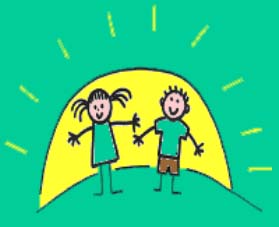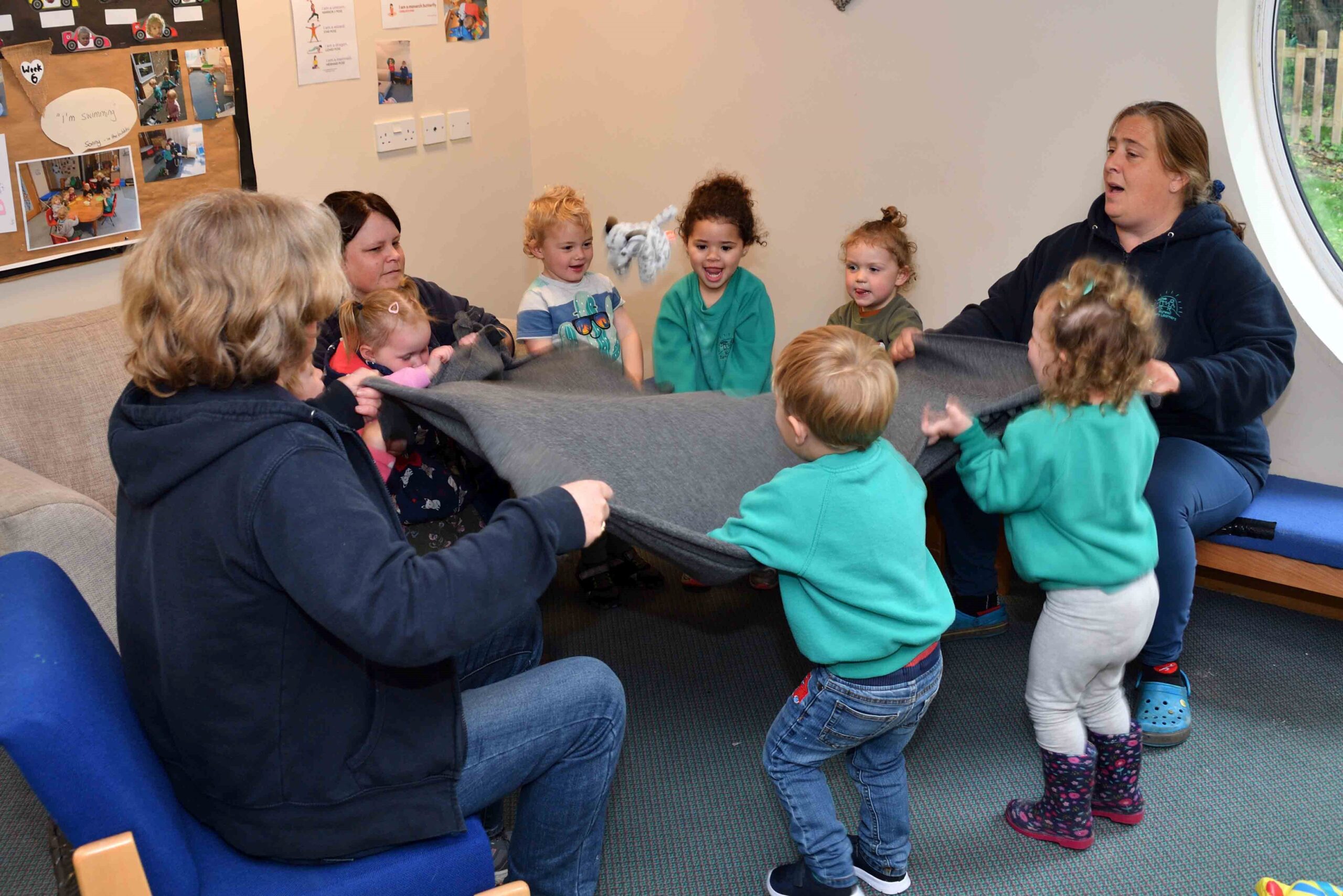
Our Promise to you….
We promise to teach your child by:
- Offering new experiences for them to explore
- Provoking new ideas
- Identifying next steps in their learning
- Enabling them to get the most from the resources we provide
- Giving opportunities to link new learning with things they already know
- Showing them how to use new resources to support their learning
- Helping them learn to listen to the ideas and experiences of others
We promise to scaffold your child’s learning by:
- Observing them to understand what they already know
- Talking to them to hear their ideas
- Helping them to develop their ideas
- Offering help when they need it
- Modelling play and showing them how things work
- Offering an enabling environment and the resources to extend their learning
- Helping them to consolidate what they have learned and make progress
- Using praise to affirm their understanding and what they can do
Observation and assessment
- We observe and assess children’s development and learning daily throughout a session, to allow for future planning for their learning and development.
- We will review your child’s time at BEL half termly and through discussions with parents, plan for your child’s needs.
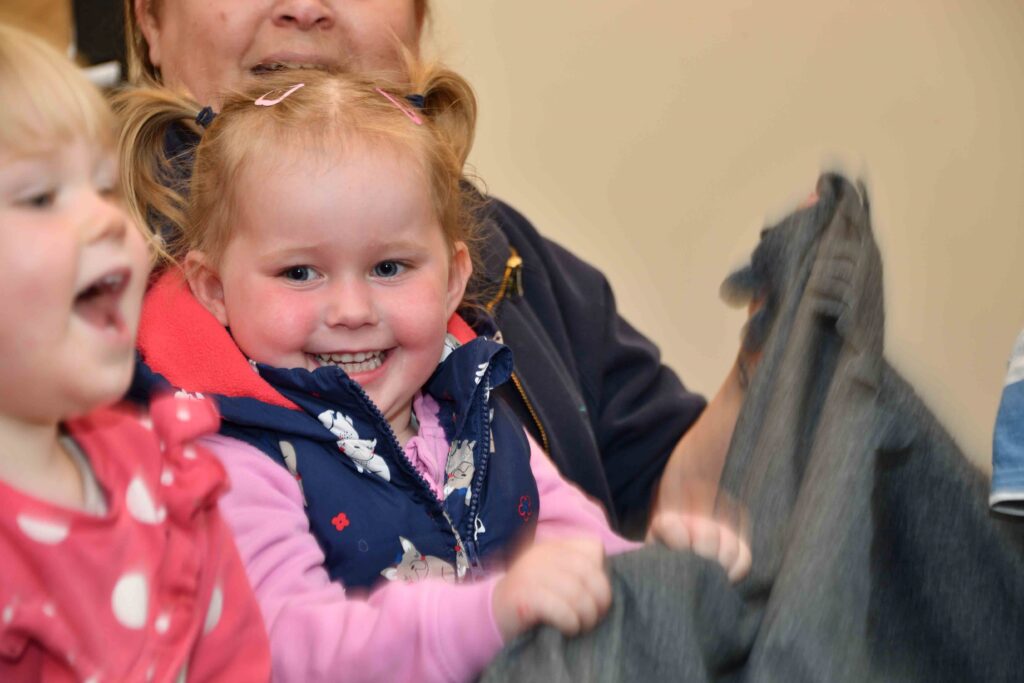
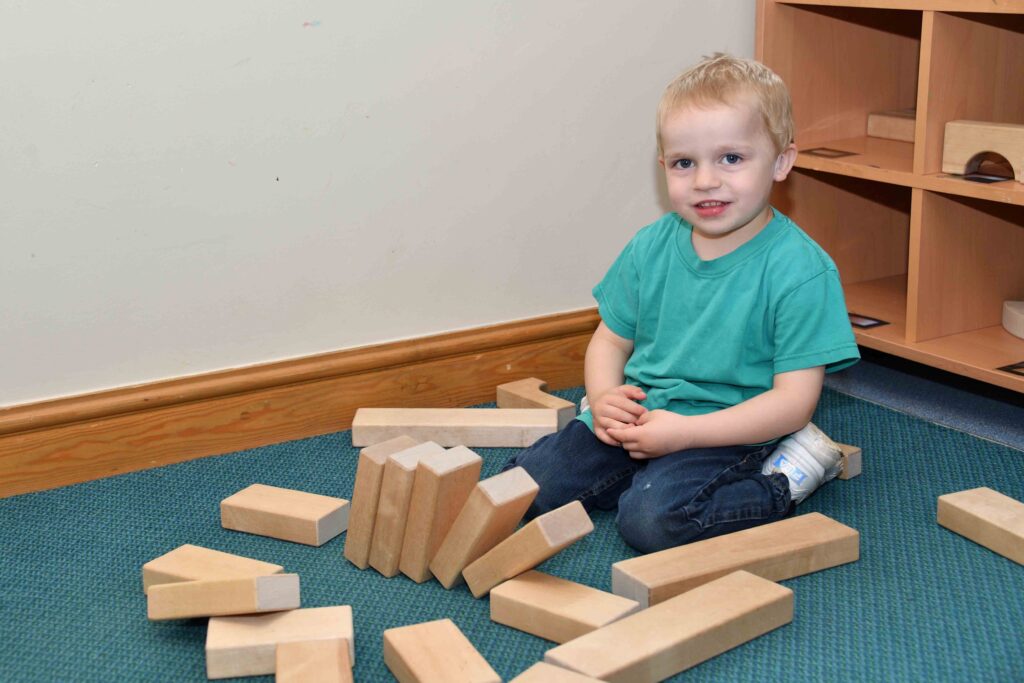
It is mandatory for us to carry out a progress check between your child’s second and third birthday, this is a written assessment drawn from our observations, child’s voice and parents views.
If at any time we have concerns that may present barriers to a child’s learning, we will discuss this with their parents and consider options that can be put in place to offer additional resources or support that will benefit the child. We may request permission to liaise with other professionals to also gain early intervention help and support.
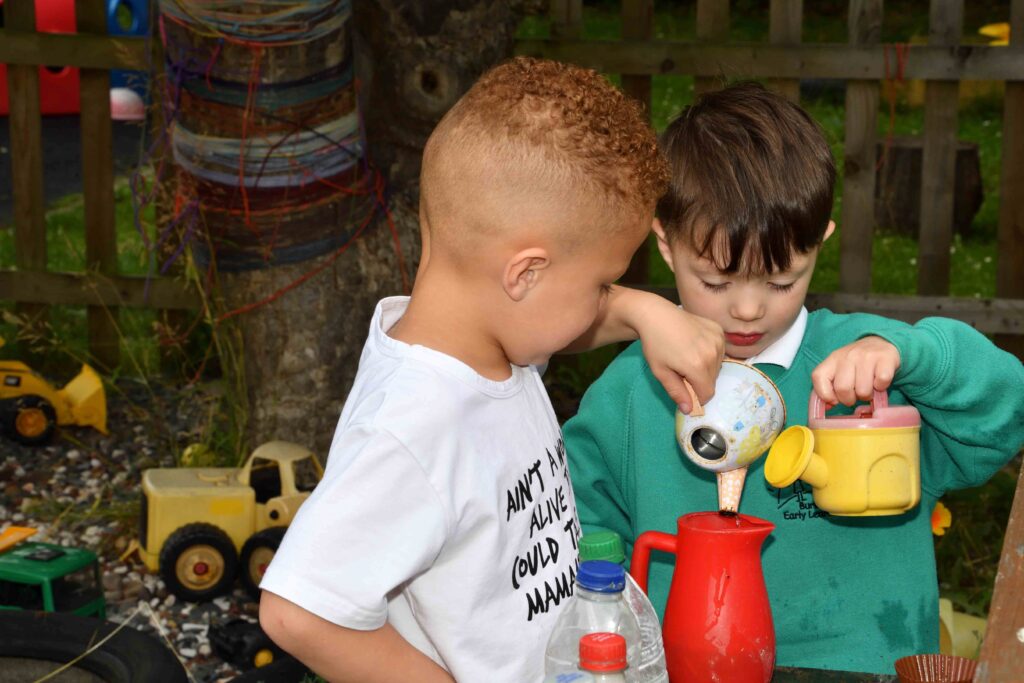
Children’s Wellbeing
At BEL we believe that each child is unique and there is no set level of wellbeing that children should achieve. Each child should be helped to reach their full potential as an individual.
Every child should be safe, healthy, achieving, nurtured, active, respected, responsible and included.
A child’s wellbeing is influenced by everything around them. This includes their individual circumstances, the support they get from their family and community and the services that support them. Factors such as adequate sleep, play and a healthy, balance diet have a positive impact on all aspects of a child’s wellbeing. While the effects of poverty and isolation can have a negative effect on their wellbeing.
It is up to all of us- parents, early learning providers, health visitors, teachers, GP’s, police- to work together to promote support, support and safeguard the wellbeing of our children and young people.
Children and young people have different experiences and needs at different times in their lives. Understanding how this affects their wellbeing, and providing the right support when they need it, helps them grow and develop and reach their full potential.
We promote wellbeing the following ways at BEL
- We carry out mindfulness sessions, which include relaxing music, breathing techniques, dimmed lights with ceiling projection lights
- We use simple yoga moves
- We continuously work at children recognising and understanding their emotions/feelings, we use the following book (The Colour Monster by Anna LLenas) and characters as a tool for this
- At self-registration time children are asked to indicate their current feeling by placing their name/photo under a picture of a colour monster feeling
- If a child becomes upset, angry or carries out an inappropriate action and needs some time to calm down and reset their feelings we will take the child to a quiet area away from others and use a calm down basket of special tools and practitioners will age appropriately talk to the child to help them recognise what has made them feel the way they do
- We work with the children to build on their self-regulation skills, this is the ability to control our impulses, when we self-regulate we are able to stop ourselves from doing things that we know we shouldn’t be doing or the ability to do things we don’t want to. This is very much linked to children’s emotions.
